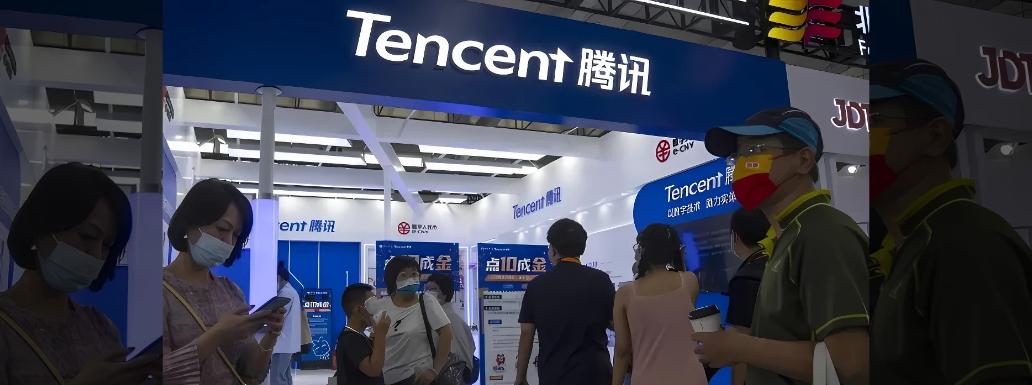Monday 19 January 2026
Pentagon Adds Tencent to List of Chinese Military Companies Amid Escalating Tensions
Share

The U.S. Department of Defense has designated Tencent, the Chinese social media and gaming giant, as a company linked to Chinas military, escalating tensions between the two global superpowers. The announcement on Monday marked the latest move in a series of retaliatory actions aimed at countering China’s strategy of military-civil fusion, a framework designed to integrate civilian technology advancements into military capabilities.
Tencent, widely known for its dominance in social media platforms like WeChat and its extensive gaming portfolio, saw its shares plunge nearly 10% in the United States following the decision. The Pentagon also added several other Chinese firms to its updated list of Chinese military companies, including Contemporary Amperex Technology Company (CATL), China Overseas Shipping (COSCO), Changxin Memory Technologies, and Autel Robotics.
The Defense Departments annual list, which now includes 134 entities, serves as a warning to U.S. businesses that engaging with these companies could jeopardize their eligibility for future Pentagon contracts. Notable companies like Huawei and DJI are already on the list, reflecting growing scrutiny of Chinas technological and military expansion.
The Pentagon views military-civil fusion as a critical element of Chinas efforts to modernize its military. By leveraging dual-use technologiesthose with both civilian and military applicationsChina has sought to accelerate advancements in areas such as artificial intelligence, semiconductors, and renewable energy.
The inclusion of such companies on the list underscores the complexities of disentangling commercial ventures from perceived national security risks.
The designation of Tencent and other firms comes amid heightened tensions between the U.S. and China, fueled by economic, technological, and geopolitical disputes. Since the Trump administrations imposition of tariffs and trade restrictions on China, the Biden administration has expanded these measures, recently targeting 140 Chinese companies with bans on dual-use products.
Additionally, the U.S. government is considering further restrictions, including potential bans on Chinese drones. These measures reflect bipartisan efforts to counter Chinas technological advancements and address concerns about supply chain vulnerabilities.
In response to U.S. actions, Beijing has adopted an increasingly assertive stance. Chinese regulators have launched investigations into American firms like Nvidia, imposed export bans on critical rare earth minerals, and targeted specific companies to expose their supply chain dependencies. These moves highlight the escalating tit-for-tat dynamic in U.S.-China relations.
While some companies have successfully challenged their inclusion on the Pentagons listsuch as Xiaomi, which was removed after a federal court ruled in its favorthe broader trend points to intensifying scrutiny of Chinese businesses operating in the United States.
Newsletter
Stay up to date with all the latest News that affects you in politics, finance and more.